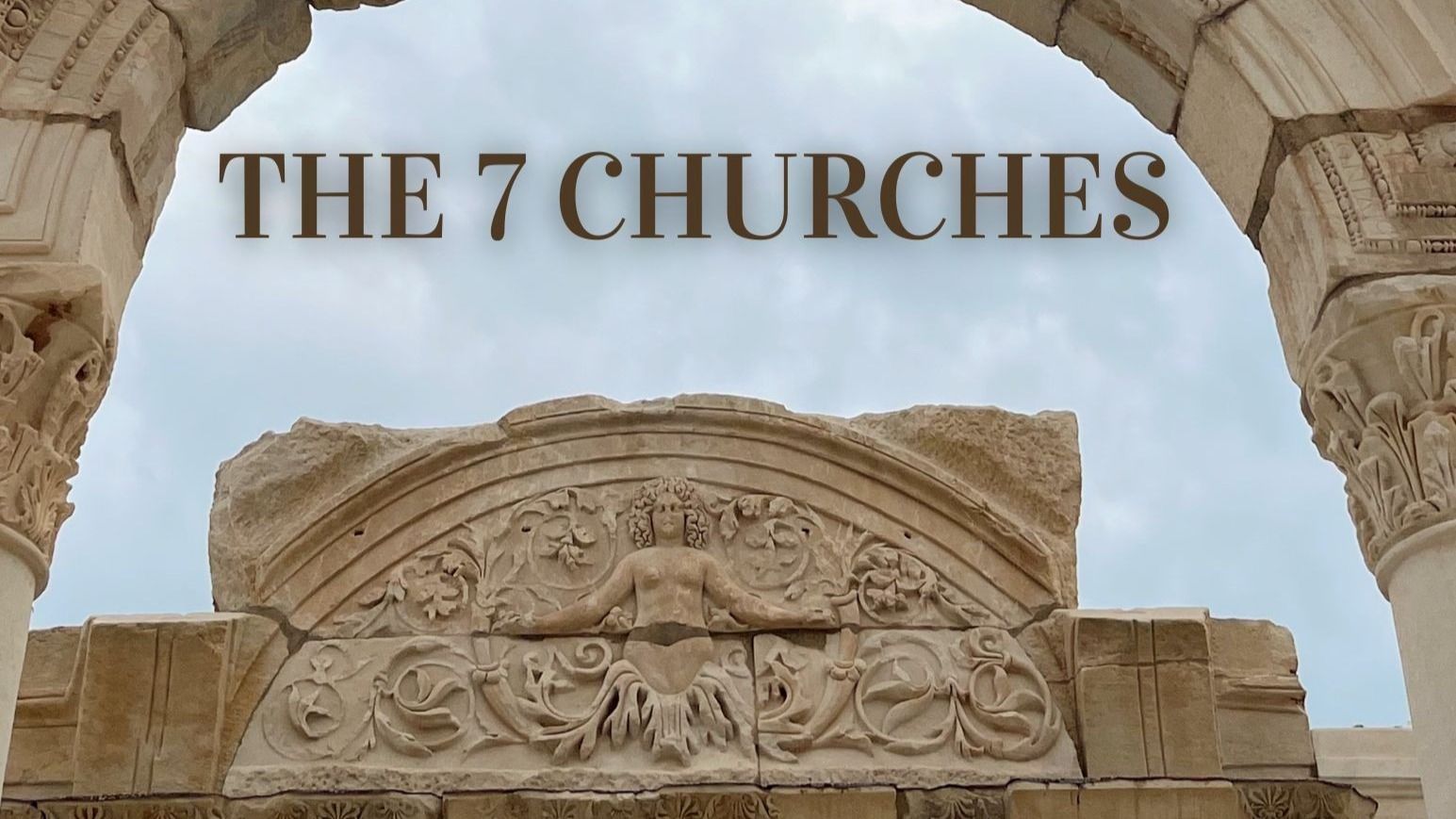Blogs

Most people associate February with Valentine’s Day, and honestly, I like that! It helps break up the monotony of winter and invites us to think creatively about how to love others well. February 14th is often the focal point of the month. But just a few days later (at least this year), another significant day appears

A Declaration of Independence July 1, 2025 Why Real Freedom Begins with Total Dependence on Jesus No matter if you’re new to Jesus or if you’ve walked with Him for a while, the invitation is the same: step deeper into the freedom only Christ can give. And though this message was inspired by Independence Day, its truth applies every day. This is a blog and a guide. Please read it knowing that there will be questions laced through it for you to answer. You can also share this with your friends and family over the 4 th of July and discuss this together. Let freedom ring! The Independence Bell Rings Loudly When You Know What Freedom Really Costs I love the Fourth of July—the fireworks, the flag, the food. The grill’s hot, kids are darting around barefoot with sticky hands and sparklers, and for a moment, we pause to honor the courage of those who stood up and said, “That’s enough.” They chose liberty over control—freedom over tyranny. We love this day. And we should. But there’s a deeper war. A more ancient rebellion. And a far greater freedom. Before the ink dried on the Declaration of Independence in Philadelphia, a cosmic battle had already been won—not for a nation, but for souls. The greatest declaration wasn’t penned with a quill but sealed with blood. Our truest independence is not political—it’s eternal. Reflection Question : Where have I mistaken independence for freedom? Family/Mentoring Prompt : What does "freedom in Christ" mean to you personally? How do you see it lived out? Scripture for Further Study : Galatians 5:1, Psalm 118:5, Romans 6:6-7 The Tyrant No Government Can Touch Rewind past 1776. The first tyrant didn’t wear a crown—he slithered into a garden and whispered lies. Satan promised freedom, but it came with chains. We believed we’d be better off on our own. But we didn’t find independence. We found bondage. Jesus didn’t say we might be slaves. He implied that we are slaves without Him (John 8:34). Paul writes that God “has delivered us from the domain of darkness and transferred us to the kingdom of His beloved Son” (Colossians 1:13). Thomas Jefferson once said, “The God who gave us life, gave us liberty at the same time.” True, but we handed that liberty over the moment we chose rebellion over relationship. Sin doesn’t set you free. It tricks you into thinking you’re in control—then locks the door. Sin keeps us imprisoned. Reflection Question : What lies have I believed about “doing life on my own?” Family/Mentoring Prompt : Share a moment when you realized you were in bondage to something. How did Jesus begin setting you free? Scripture for Further Study : Ephesians 2:1–5, John 8:34–36 Jesus Didn’t Compromise—He Conquered When Jesus came, He didn’t come to negotiate terms. He came to wage war. He didn’t show up to hand out inspirational teachings. He came to tear down sin and death at the root. The cross wasn’t just a symbol of love, it was Heaven’s dynamite against hell. What of the empty tomb? That was heaven's flag planted on hell’s soil. As if God said, “Where you, oh Grave, thought there was death, I give life!” Our spiritual Independence Day didn’t start with a pen in Philly. It started with a stone rolled away in Jerusalem. Reflection Question : How does the resurrection change how I face daily struggles? Family/Mentoring Prompt : Why is the resurrection essential to the freedom we have in Christ? Scripture for Further Study : Romans 8:1–2, 1 Corinthians 15:55–57, Colossians 2:13–15 What Real Freedom Actually Looks Like Here’s the truth: freedom isn’t doing whatever we want. It’s finally being able to do what we were created for. Jesus didn’t set us free so we could drift, He set us free so we could walk in purpose and joy… we could walk in Him. Therefore, obedience isn’t oppression. It’s alignment. It's breathing in sync with the Spirit. “You were bought with a price. Therefore, honor God with your body.” (1 Corinthians 6:20) That’s not slavery. That’s freedom with purpose. Reflection Question : In what areas have I confused obedience with restriction? Family/Mentoring Prompt : What’s one area where God is calling you to deeper surrender? Scripture for Further Study : Romans 6:18, Galatians 2:20, John 10:10 Fireworks Are Great. But They’re Not the Brightest Light. John Adams wrote to his wife about celebrating Independence Day and stated, “It ought to be commemorated, as the Day of Deliverance by solemn Acts of Devotion to God Almighty.” I believe he was onto something. The fireworks are beautiful. But they’re not brighter than the glory that burst from the tomb. The cookout is sweet. But not sweeter than the mercy of Jesus. Celebrate Independence Day, but don’t miss the greater Light! Jesus has come and set the captives free, and if the Son has set you free, then you are free indeed! As believers, we can’t celebrate the Fourth of July without celebrating the One who has given us the ultimate freedom! Reflection Question : How can I celebrate biblical freedom with the same passion as national freedom? Family/Mentoring Prompt : How can holidays become spiritual mile-markers in our home? Scripture for Further Study : Psalm 27:1, Isaiah 9:2, John 1:4–5 Five Ways to Live Like You’re Free Here are five clear, practical ways to walk in the freedom Christ died to give: 1. Name the Chains and Break ’Em Daily Ask: “What’s trying to reclaim ground Jesus already won?” Scripture : Colossians 3:5 2. Start Every Day in Prayer Before the to-do list, say: “Lord, I’m Yours again today.” Scripture : Psalm 5:3 3. Let Truth Do the Talking Let Scripture anchor your identity. Scripture : John 8:32, Romans 12:2 4. Use Your Freedom to Lift Others You were set free to serve. Scripture : Galatians 5:13; 2 Corinthians 1:3-4 5. Speak Up and Shine Bright Your story of how Jesus set you free is powerful. Let it fly. Scripture : Revelation 12:11 Reflection Question : What’s one step I can take this week to live as one who is truly free? Family/Mentoring Prompt : Who needs to hear our story of freedom this week? Final Thought: Crown Over Flag I love this country. My dad served in the Army; my son served in the Marines and many of the men and women I worship with weekly have served this country in the armed forces. I’m thankful for the freedoms given in the USA. But the freedom that truly changed my life didn’t come from a government. That freedom came from a King. He didn’t show up waving a flag. He came crowned in thorns—and now reigns in glory. So wave Old Glory, but lift your hands to God. Grill burgers, but feast on His Word. Watch fireworks, but worship the Light that never fades. Because Jesus didn’t just free us from death—He called us into life. “If the Son sets you free, you will be free indeed.” — John 8:36 Who needs to hear this today? Don’t let this message stop with you. Share it. Live it. Let freedom ring.











